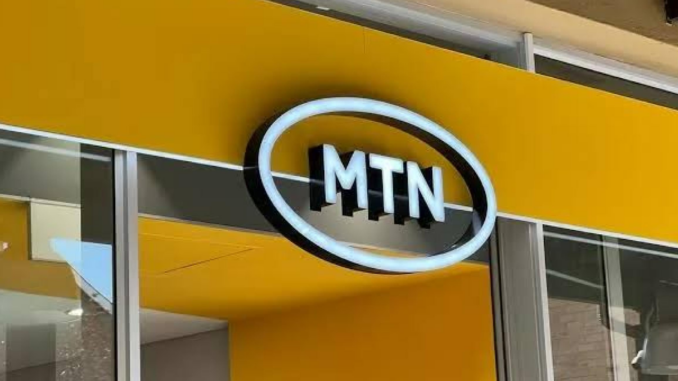
MTN Group, Africa’s largest mobile network operator, has confirmed a cybersecurity breach that exposed the personal data of some customers in specific markets.
However, the company reassured stakeholders that its core infrastructure—including billing systems and financial platforms—remains uncompromised and fully functional.
In a statement published Thursday on its official website, MTN revealed that an unidentified third party claimed to have accessed portions of its systems.
The breach, which is still under investigation, prompted the telecom giant to take immediate action to assess the damage and inform the necessary authorities.
The statement read, “There is no evidence of compromise to any of our critical infrastructure, core MTN platforms, or services.
“Our core network, billing systems, and financial services infrastructure remain secure and fully operational.”
The breach comes as cyber threats continue to rise across the continent, with telecoms and financial institutions increasingly targeted.
MTN, which serves over 280 million customers across 19 countries, has alerted the South African Police Service and the Hawks, a specialised crime unit.
The company is also coordinating with law enforcement agencies in other affected regions.
“We have informed the relevant country authorities and will continue to update them on an ongoing basis while working closely with them and law enforcement agencies to support their investigations,” MTN added.
While the exact scale of the data breach remains unclear, MTN has begun reaching out to impacted customers to meet local regulatory requirements and mitigate potential risks.
Meanwhile, the company also issued a public advisory, encouraging customers to take precautionary measures to protect their personal information. These include placing fraud alerts on credit reports, regularly updating apps and software, using strong and unique passwords, and avoiding suspicious emails or texts that contain harmful links.
“We urge our customers not to share sensitive information such as passwords, PINs, or one-time passwords (OTPs) over phone calls, SMS, or emails.
“Where available, we recommend enabling multi-factor authentication for an additional layer of security,” MTN added.
